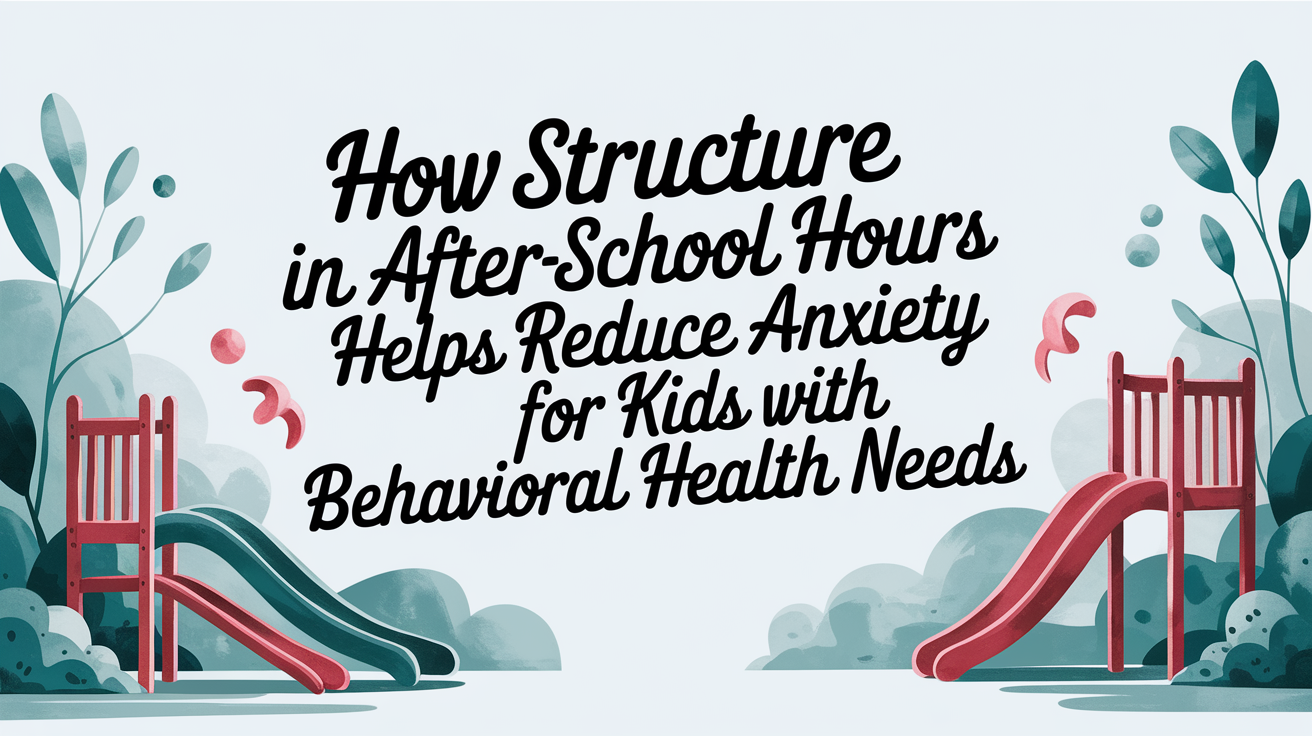
Children with cognitive disabilities often face unique challenges that can make them more vulnerable to traumatic experiences. Trauma-informed care is an approach that recognizes the impact of trauma and integrates practices to create a safe, supportive, and nurturing environment for these children. By understanding trauma-informed care, caregivers, educators, and therapists can provide more effective support that promotes healing and resilience.
Trauma-informed care (TIC) is a framework that prioritizes safety, trust, and empowerment for individuals who have experienced trauma. It shifts the focus from “What’s wrong with this child?” to “What has this child experienced?” This perspective encourages compassionate responses that consider past experiences, emotional needs, and behavioral patterns.
For children with cognitive disabilities, trauma-informed care must be tailored to their developmental levels, communication abilities, and sensory sensitivities. Because these children may struggle to express their emotions or understand what has happened to them, caregivers must use specialized approaches to provide meaningful support.
Children with cognitive disabilities may express trauma differently than their neurotypical peers. Some common signs include:
Understanding these signs allows caregivers to respond with compassion rather than discipline, helping children feel validated and understood.
When children with cognitive disabilities receive trauma-informed care, they experience improved emotional regulation, reduced anxiety, and stronger relationships with caregivers and peers. This approach fosters resilience, helping children navigate challenges with greater confidence and security.
By embracing trauma-informed care, we create environments where children with cognitive disabilities can heal, grow, and thrive—ensuring they receive the understanding and support they need to reach their full potential.



Please submit your email address and we will reach out to you
And we'll reach out to you